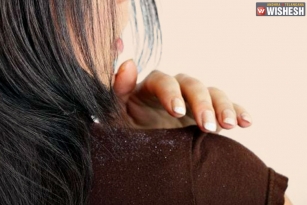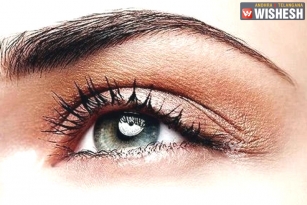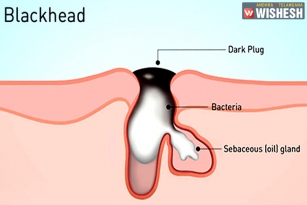
When the temperature drops, the skin becomes more sensitive, and the cold air and biting winds of winter can make it even more fragile. Cold weather can also make your circulation less efficient. As a result, the skin's metabolism can become sluggish, and less oxygen reaches the cells.
This means that in cold, windy, damp weather, your skin tends to become dry, flaky, and chapped, and may feel tight. The dehydration can exacerbate skin conditions such as eczema. And switching between extreme temperatures- going from a warm house to the cold outdoors- can worsen broken veins or rosacea.
Trying to keep warm in winter brings another set of problems. Turning up the central heating, using heavy quilts or electric blankets, and keeping the windows tightly closed, can also dehydrate the skin and make it appear prematurely aged. You may notice fine lines around the eyes, puffiness, and blotchy skin.
Cold-Weather Skin Care
· Switch the heating as low as possible. Wear extra clothing if necessary.
· Keep the air moist by placing bowls of water near radiators or sources of heat, or buy a humidifier.
· Avoid electric blankets and other bedwarmers. They can keep your sleeping body temperature at too high a level.
· Keep a window open at night to let in fresh air .
· Wear layers of loose rather than close-fitting clothing. Tight clothes can inhibit circulation and clinging fabrics can irritate your skin.
· Take regular exercise in winter to keep the blood moving around the body.
· Drink lots of water to prevent dehydration .
· Use a good moisturizer, especially when going outdoors.














